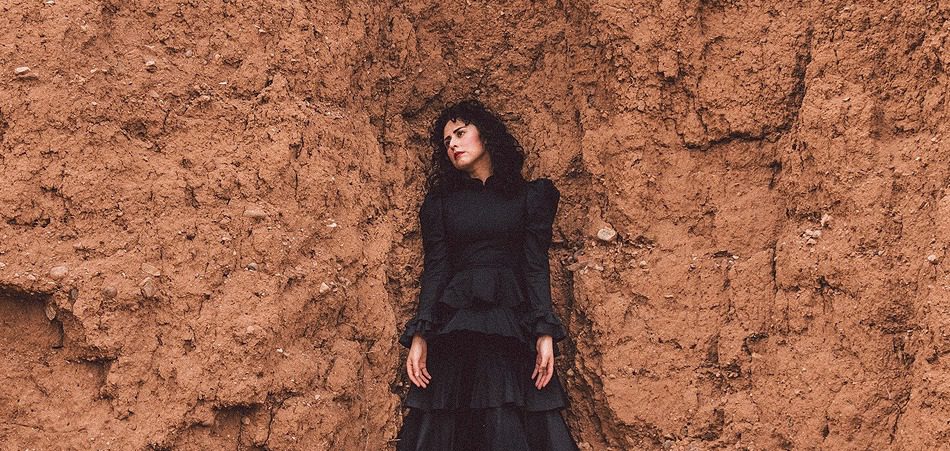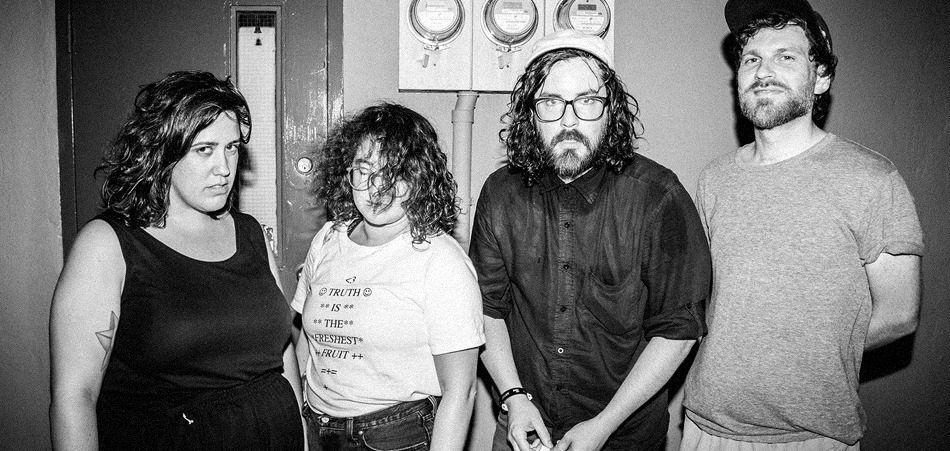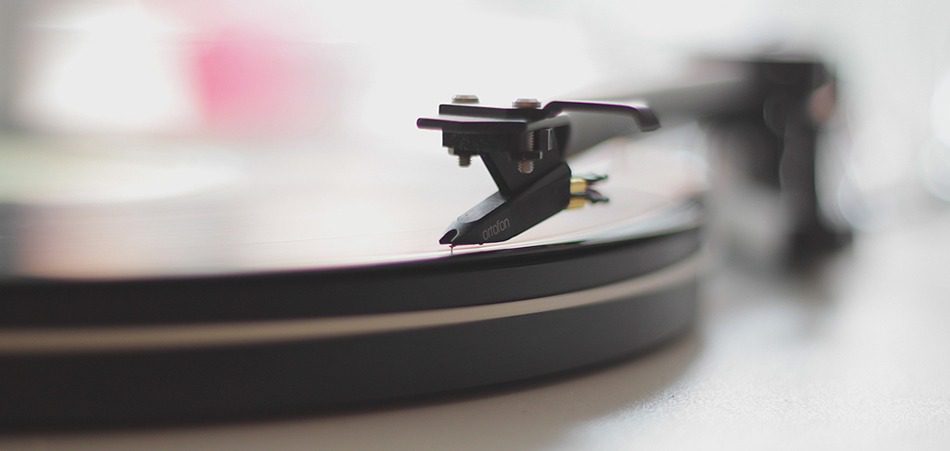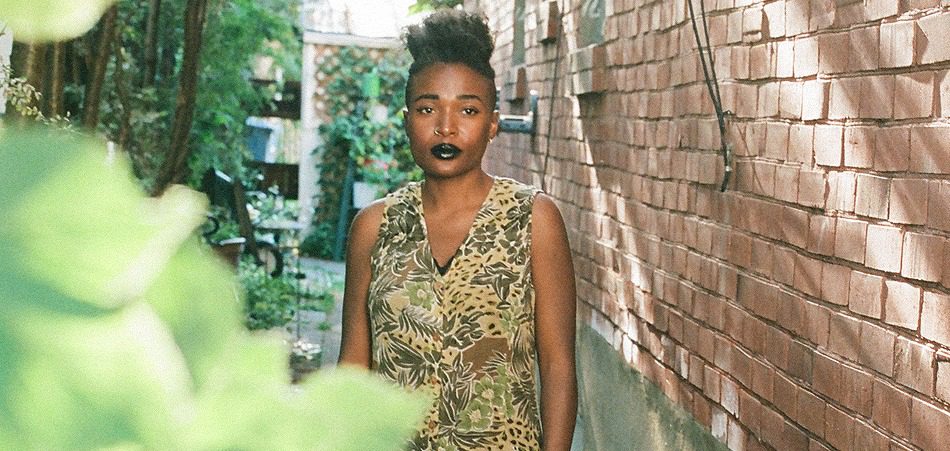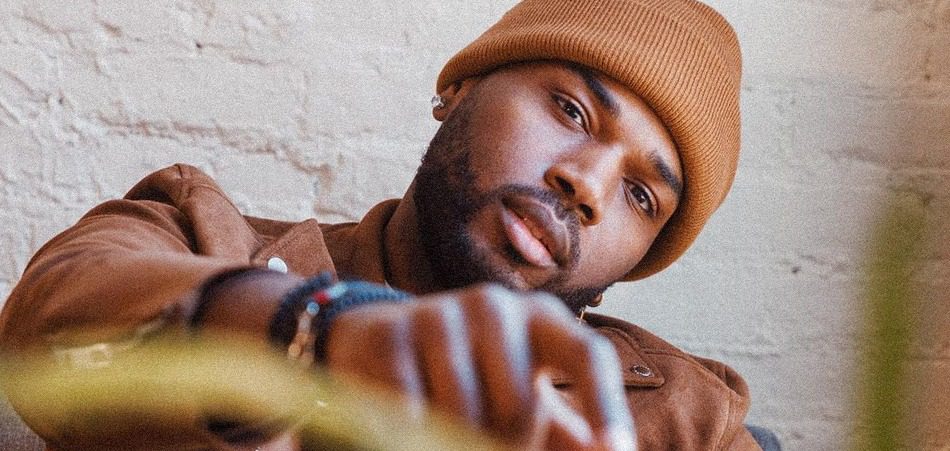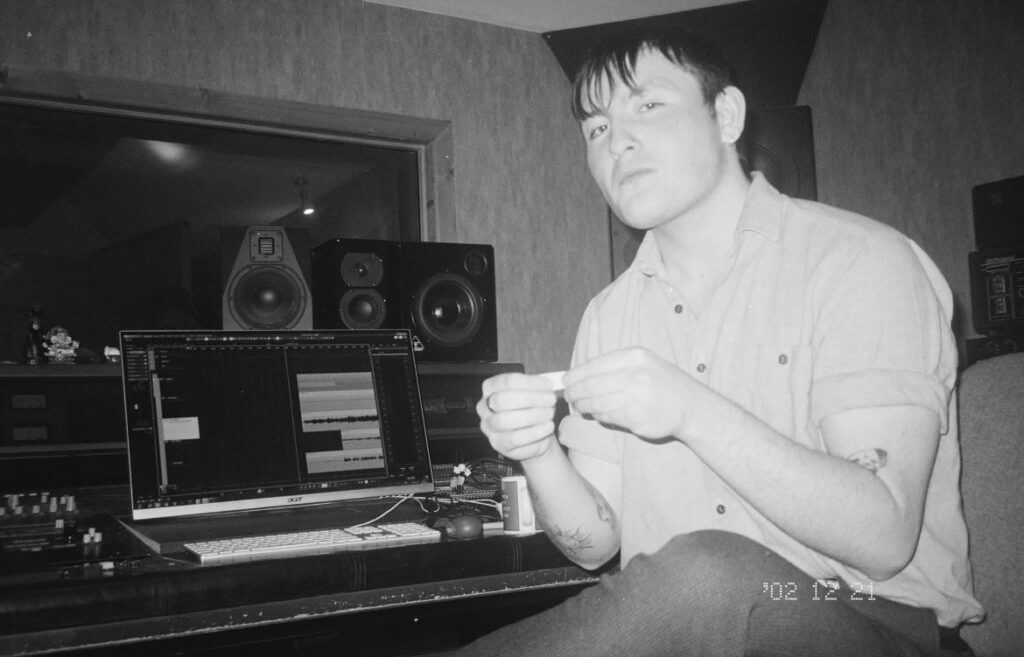Over the soft warbling of gentle strings and distant echoes, Ayoni has a message to share that is anything but acquiescent. After the release of the powerful “Unmoved (A Black Woman Truth)”, the Bajan-American singer, songwriter and producer is continuing to apply the pressure with “The Patriots”.
In the midst of America’s racial and political brokenness, which was on full-display on January 6th at Capitol Hill, “The Patriots” speaks on generations of harm and destruction done in the name of patriotism. Ayoni reveals America’s ugly histories with each line, from domestic terrorism to the mistreatment of refugees. Like a game of Jenga, she removes each block one by one until it comes crashing down like a house built on sand. “The only America I’ve known is very bloody, very white, and very blue,” Ayoni shares over email. “To sing a song that has been written many times over generations, has been humbling and heartbreaking, but I proudly take my place amongst my musical ancestors in protest.” Eloquent and determined, Ayoni stands for everything worth fighting for.
Pointing out the hypocrisy of the so-called patriots who fight for freedom in one stride while silencing the voices of the marginalized with the other, Ayoni overthrows their systems of self-righteousness and white supremacy with conviction and God-given authority. Her compelling vocals galvanize listeners into cognizance. The double-edged nature of divisive patriotism is a truth that cannot be ignored any longer.
Beautifully orchestrated with strings, drums, organs and trumpets, “The Patriots” is an anthem for every life that has been ignored, undervalued, and cut short. As violas chime in, Ayoni sings: “So yes I think a riot is better than denying your knee upon my neck. If hate is what’s required, I don’t want to be a patriot.”
There’s an ominous ambience in “The Patriots” that can shake even the most oblivious listener to the core. As the first track off of her upcoming album, the monumental song simultaneously serves as a prayer, anthem, and an impassioned uproar of discontent. Ayoni reminds us that to live is to be radicalized, and leaves us with one question: who will you be radical for?
Connect with Ayoni: Instagram | Facebook | Twitter



